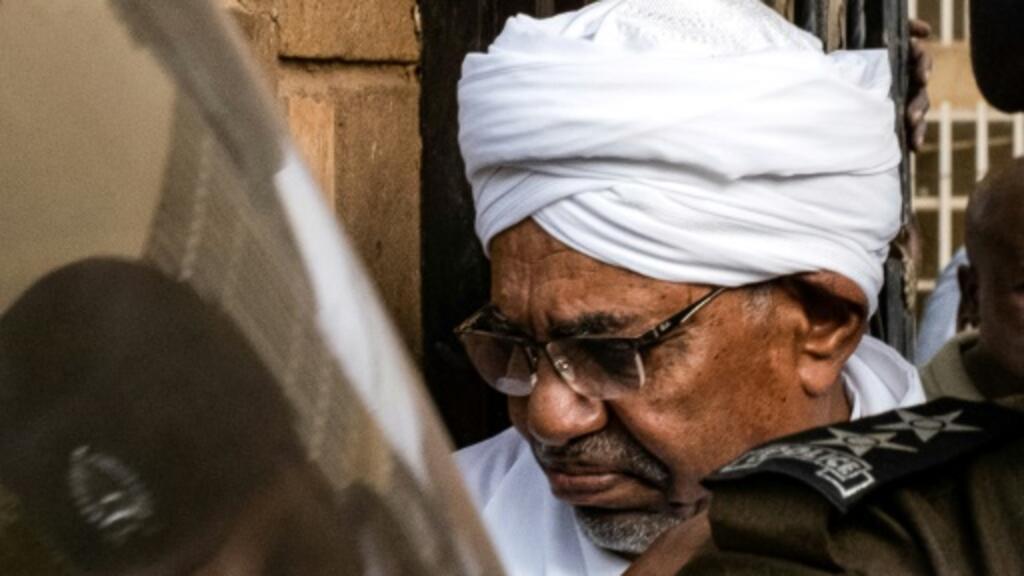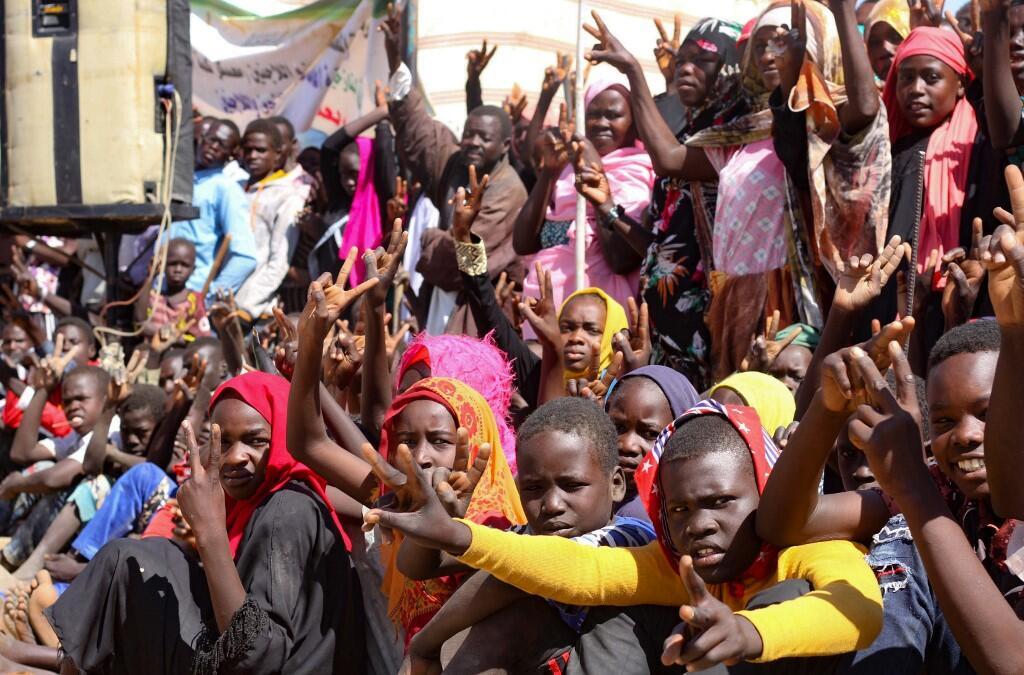
A US jury has held French bank BNP Paribas responsible for helping to sustain Sudan’s brutal regime under deposed leader Omar al-Bashir, awarding damages to victims of its atrocities.
A New York jury has ruled that French banking giant BNP Paribas helped sustain the brutal regime of former Sudanese leader Omar al-Bashir, making it liable for atrocities committed under his rule.
After a three-week civil trial, the eight-member jury sided with three Sudanese-born plaintiffs – now American citizens – who accused the bank of indirectly fuelling the violence that tore their country apart.
The panel awarded them more than $20 million in damages.
The plaintiffs, two men and one woman, shared harrowing testimony of being tortured by soldiers and members of the Janjaweed militia – the notorious paramilitary group accused of ethnic cleansing in Darfur.
One survivor described being burned with cigarettes and slashed with a knife, while another recounted sexual assault.
“I have no relatives left,” said 41-year-old Entesar Osman Kasher, her voice breaking as she recalled the devastation that claimed her family.
Sudan stages anti-coup protests on third anniversary of Bashir’s ouster
'A victory for justice and accountability'
For the victims’ lawyer, Bobby DiCello, the verdict marks a turning point in the long fight to hold corporations accountable for the human cost of their business decisions.
“The jury recognised that financial institutions cannot turn a blind eye to the consequences of their actions,” DiCello said. “Our clients lost everything to a campaign of destruction fuelled by US dollars – money that BNP Paribas helped move and that should have been stopped.”
During his closing arguments, DiCello accused the bank of having “supported ethnic cleansing” and “ruined the lives” of his clients.

BNP Paribas, which did business in Sudan from the late 1990s until 2009, has pushed back strongly against the verdict.
The French lender was accused of providing letters of credit that allowed Bashir’s government to continue exporting oil, cotton, and other commodities – generating billions of dollars in revenue despite US sanctions.
A bank spokesperson told AFP the ruling “is clearly wrong” and said there were “very strong grounds to appeal the verdict, which is based on a distortion of controlling Swiss law and ignores important evidence the bank was not permitted to introduce.”
Defence attorneys argued that BNP Paribas’s transactions in Sudan were legal in Europe at the time and even mirrored partnerships that global institutions such as the International Monetary Fund maintained with the Sudanese government.
“There’s just no connection between the bank’s conduct and what happened to these three plaintiffs,” said defence lawyer Dani James, while another attorney, Barry Berke, insisted that “Sudan would and did commit human rights crimes without oil or BNP Paribas.”
International Criminal Court opens new investigation into Darfur violence
A dark chapter revisited
Between 2002 and 2008, Sudan’s conflict – particularly in Darfur – claimed around 400,000 lives and displaced 2.5 million people, according to UN estimates.
The violence drew international outrage, with Bashir himself later indicted by the International Criminal Court for genocide and war crimes.
Bashir, who ruled Sudan for nearly 30 years, was toppled in April 2019 after months of mass protests.
He remains in custody in Khartoum and faces multiple charges related to corruption and his regime’s legacy.
This weekend's verdict adds to growing pressure on multinational banks and corporations to reckon with their roles in regimes accused of human rights abuses.
Sudan to hand over ICC suspects, ex-President Bashir refuses to cooperate
BNP Paribas has already faced hefty penalties for its Sudan dealings – including a record $8.9 billion fine in 2014 for violating US sanctions.
For the three Sudanese survivors, however, the latest judgment is about more than money. It’s about recognition.
“This case shows that even the most powerful institutions can be held to account,” DiCello said after the verdict.
BNP Paribas is expected to appeal.
(With AFP)







